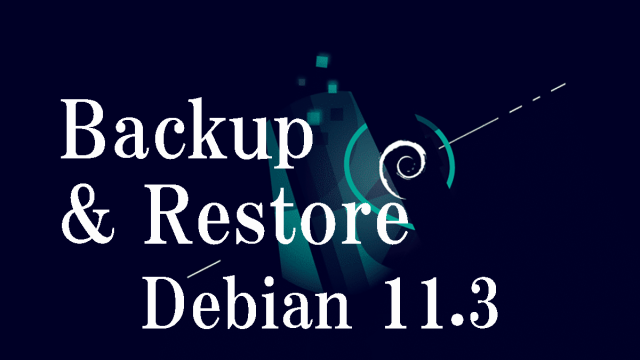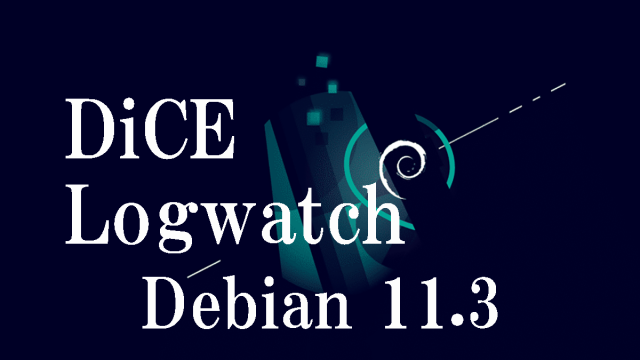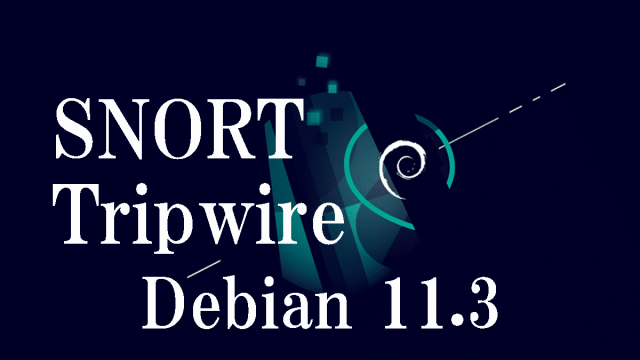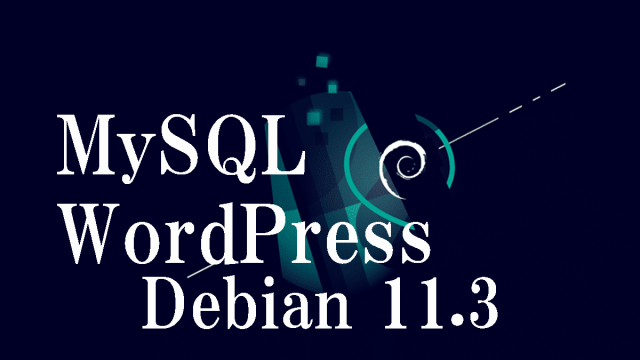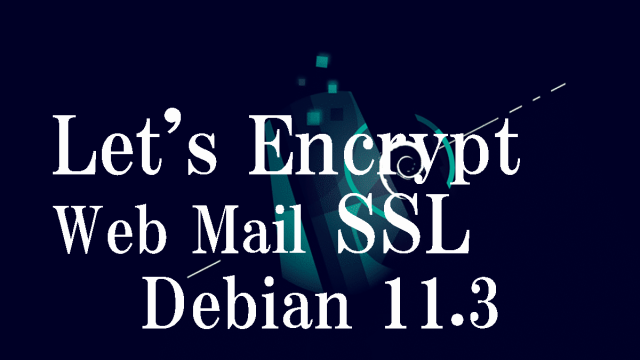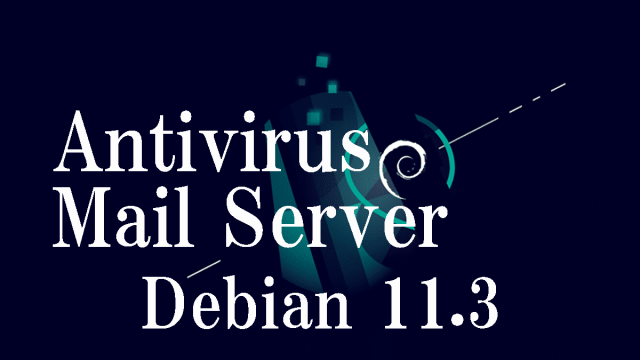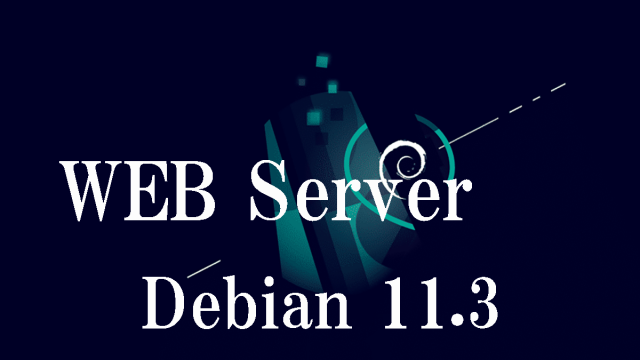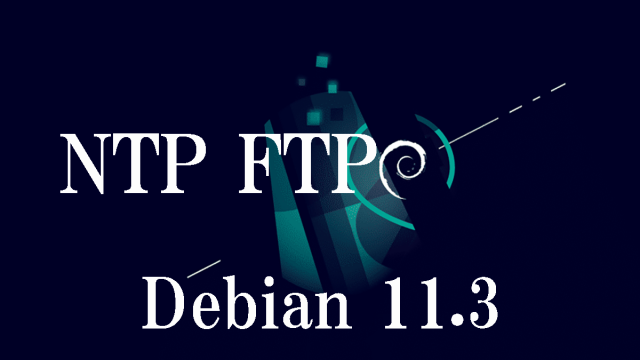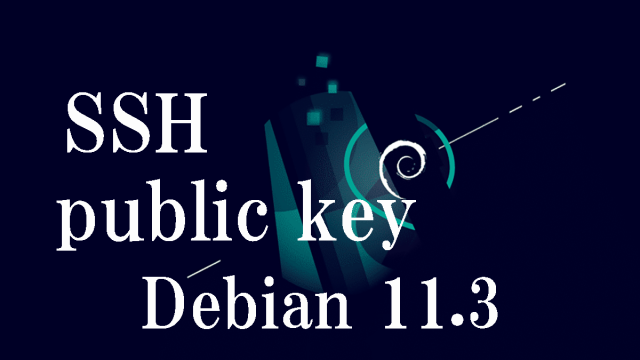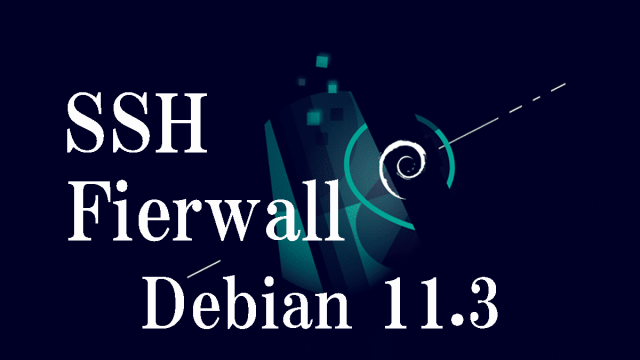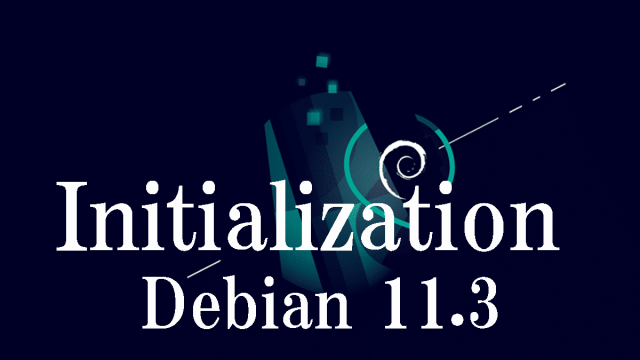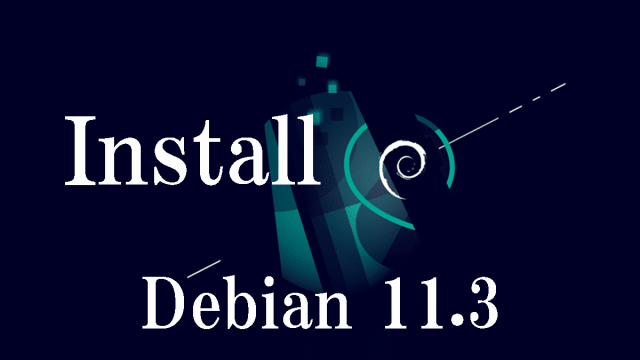 Debian11.3_en
Debian11.3_en Debian11 : Zabbix6 Install
Open source integrated monitoring software "ZabbixZabbix is an open source integrated monitoring software for centralized monitoring of servers, networks and applications. It provides monitoring, fault detection and notification functions required for integrated monitoring. With Zabbix agent and SNMP support for many platforms, you can monitor your entire system with a single Zabbix.To run Zabbix, you will need the PHP programming language, MySQL as a database server, and a web server such as Apache or Nginx. In this article, we will assume that all of these have already been configured.

